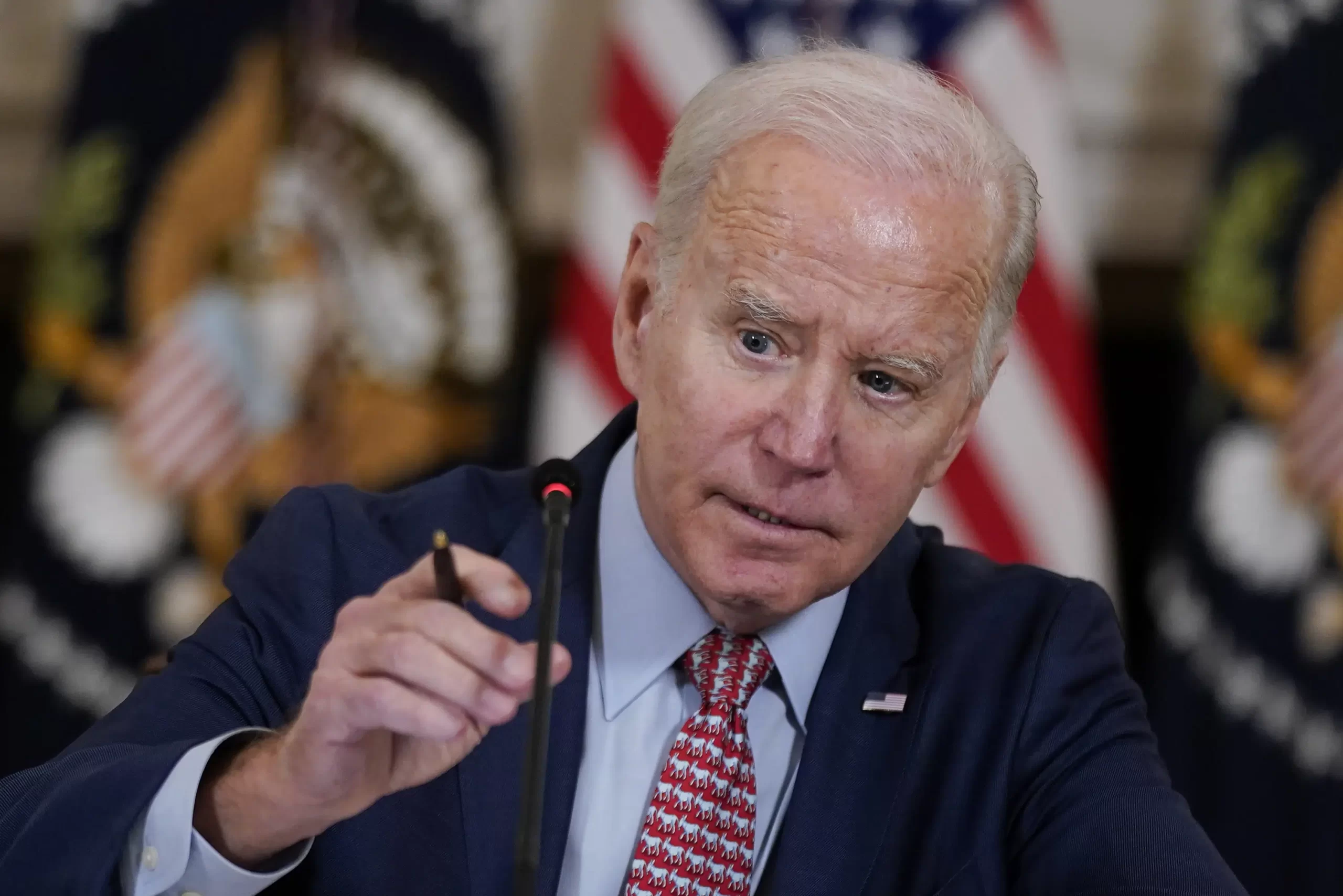Foreign News
Ex-staffer convicted in ‘biggest theft’ of secret info in CIA history
Former software engineer, Joshua Schulte, maintains CIA and FBI made him a scapegoat for an embarrassing public release of a trove of agency secrets by WikiLeaks in 2017.

A former CIA software engineer has been convicted of federal charges accusing him of causing the biggest theft of classified information in CIA history.
Joshua Schulte, who chose to defend himself at a New York City retrial, had told jurors in closing arguments that the CIA and FBI made him a scapegoat for an embarrassing public release of a trove of CIA secrets by WikiLeaks in 2017.
Schulte watched on Wednesday without visibly reacting as US District Judge Jesse M Furman announced the guilty verdict on nine counts, which was reached in mid-afternoon by a jury that has deliberated since Friday.
A sentencing date was not immediately set because Schulte still awaits trial on child pornography possession and transport charges.
He has pleaded not guilty to those charges.
BREAKING: Alleged WikiLeaks #Vault7 whistleblower Joshua Schulte found guilty on all counts
— WikiLeaks (@wikileaks) July 13, 2022
In response to the embarrassing #Vault7 publication, Trump CIA director Mike Pompeo instructed the CIA to work out how to assassinate Julian Assange #SchulteTrial pic.twitter.com/BUcvrpyowq
Vault 7 leak
The so-called Vault 7 leak revealed how the CIA hacked Apple and Android smartphones in overseas spying operations and efforts to turn internet-connected televisions into listening devices.
Prior to his arrest, Schulte had helped create the hacking tools as a coder at the agency’s headquarters in Langley, Virginia.
Prosecutors alleged the 33-year-old Schulte was motivated to orchestrate the leak because he believed the CIA had disrespected him by ignoring his complaints about the work environment.
So he tried “to burn to the ground” the very work he had helped the agency to create, they said.
While behind bars awaiting trial, he continued his crimes by trying to leak additional classified materials from prison as he carried on an “information war” against the government, prosecutors said.
In his closing, Schulte claimed he was singled out even though “hundreds of people had access to (the information). … Hundreds of people could have stolen it.”
“The government’s case is riddled with reasonable doubt,” he added. “There’s simply no motive here.”





